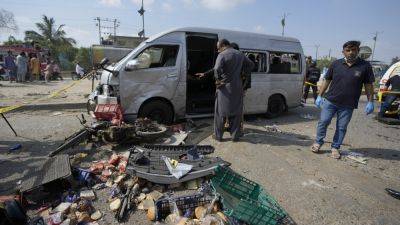From stigma to ignorance, why Asians don’t get the healthcare they need
Unrealised demand reveals a significant “patient engagement deficit”. Patient engagement refers to the willingness of individuals to collaborate with the healthcare ecosystem to address their needs. Without effective patient engagement, even the most advanced healthcare infrastructure falters and lives slip through the cracks.
Asia is home to more than half of the world’s population. The continent is particularly affected by infectious diseases and non-communicable diseases are rising. There is a need for effective patient engagement, as early intervention can help prevent diseases and greatly affect a person’s quality of life, productivity and life expectancy.
The 2024 Roche Diagnostics Asia Pacific National Women’s Health Survey found that only 22 per cent across Australia, Hong Kong, mainland China, India, Japan, South Korea, Thailand and Vietnam feel very knowledgeable about cervical cancer. One in five said they delayed or avoided medical treatment.
Such hesitancy is partly due to women prioritising other responsibilities like childcare, and partly rooted in the belief that undergoing such screening is shameful or embarrassing. That means social stigmas might be keeping millions of women from taking life-saving medical tests.
Cultures in Southeast Asia tend to be more paternalistic and doctor-patient communication is typically one-way, where clinicians provide information on the patient’s health and recommend steps for treatment or monitoring without much consultation or discussion. Over time, this lack of agency results in patients having low curiosity about or a lack of drive to take charge of their health decisions. Patients see their role as passive recipients of care.
Another barrier to effective patient engagement







